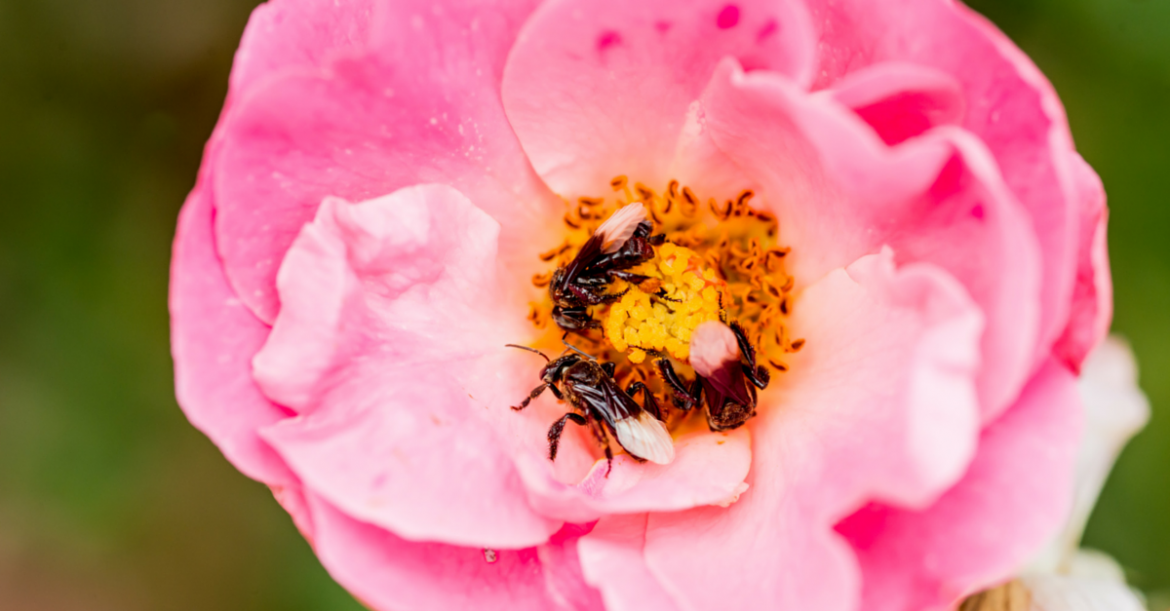A relatively unknown crisis that affects certain crops and consequently our food supply is getting worse now and within the next few years. And this crisis is related to the diminishing population of a small insect, the honeybee.
Since the U.S. Department of Agriculture started taking annual surveys six years ago of America’s beekeepers, they have documented that the honeybee population has been diminishing. It seems that just about a third of the U.S. honeybee colonies did not survive the winter. And within the past six years about 30 percent of all honeybee colonies died off over the winter as reported by the blog, the salt. There are years that this percentage is lower but it still has had an accumulative affect on the population.
Honeybees aside from producing honey are important in pollinating crops like almonds, blueberries and apples. The farmers of these crops depend on commercial beekeepers to pollinate their crops but the honeybee population has so dramatically been dwindling in the past few years to the point that there my not be enough to pollinate the farmers’ crops.
The dwindling population is not just affected by cold weather preventing them from generating heat to fly and in the spring to generate their young; drought, especially this past year in certain parts of the country, killed off wildflowers for the bees to feed on; a parasite called the Varroa Mite that they have difficulty eliminating is attacking them; pesticides that kill off the honeybees and just general over development of the land that eliminates plants and flowers for the honeybees to obtain nectar and pollen.
The use of certain pesticides called neonicotinoids has become a big controversy for beekeepers and environmentalists alike. The Environmental Protection Agency along with certain farmers and pesticide companies still need convincing that these pesticides are one of the problems of the honeybees’ de-population. In Europe however, they have a different viewpoint, and they are about to ban some of these pesticides.
Saving the honeybee population is an important factor in keeping the U.S. food supply healthy. One thing you can do as an individual to save the honeybees is if you have a garden to provide a more diversified landscape by planting a wide range of flowers and plants for them to feed on. Save the honeybee!
 Food
Food Farmers
Farmers Sustainable Living
Sustainable Living Living Planet
Living Planet News
News